Deconstructing the RENT vs. OWN Decision
Posted by Alex Narodny on Tuesday, November 4th, 2014 at 2:47pm
While much of the eternal rent vs. own dilemma can be funneled into economic equations based on current market conditions, the only way to determine a “good investment” is through guess and check.
Economists have a long-held view that the choice to own or rent is shaped by putting assets and liquidity under a microscope and making a calculation about costs of owning vs. renting after controlling for alternative investments.
The prospective homeowner can use a complex user-cost equation that captures all these variables that influence their decision: house price appreciation, opportunity cost of making a down payment, cost of capital adjusted after deductions, operating costs, insurance, mortgage, etc.
For prospective renters, you simply calculate the cost to rent over a specific period of time. The person may then subtract the cost of renting from the user cost. A positive number will favor home ownership as the right decision.
Here’s the drawback: “the best choice can only really be seen through a rear view mirror.” At the time the rational choice is made, the person cannot possibly know how rental or home values will rise and fall. The economics of this decision have boundaries, outside of which lie our assumptions and guesses about the future.
It is for this reason why it seems both doubtful and a major fallacy to make this decision with an equation based on the current market. However, the demand for home ownership will likely always persist over renting in years to come. Why? Setting aside all mathematical and financial reasons, it’s because Americans will always be enamored with home ownership. The overwhelming majority of Americans think that owning not only makes more financial sense than renting, but they aspire towards the control it gives them over their financial future. Furthermore, owning has proven to be a more fruitful investment over long stretches of time and housing prices (apart from temporary imbalances) tend to match the inflation and per capita income curves.
In Conclusion, buying a house will almost always be an emotional decision, even for the most analytical among us. It’s impossible to predict if a home will always be a safe investment. However, the feeling of your money adding equity to a tangible asset is a much more comfortable and rewarding process than fattening a landlord’s wallet.
Alex Narodny
alex@marinrealestate.net
415-847-0309
A note about my source:
I highly recommend everyone read the journal I used as a reference for this blog post. It was released by Harvard’s Joint Center for Housing Studies entitled “The Dream Lives On: The Future of Homeownership in America” by Eric Belsky. The Journal was released in January 2013 so not all of the information is relevant to the current market. However, it paints an exceptional picture of our post-recession state, including but not limited to how market conditions drive Americans’ decisions to become homeowners and the difficulties with qualifying after the housing crisis.
Here is the link: http://www.jchs.harvard.edu/sites/jchs.harvard.edu/files/w13-1_belsky_0.pdf

Leave A Comment